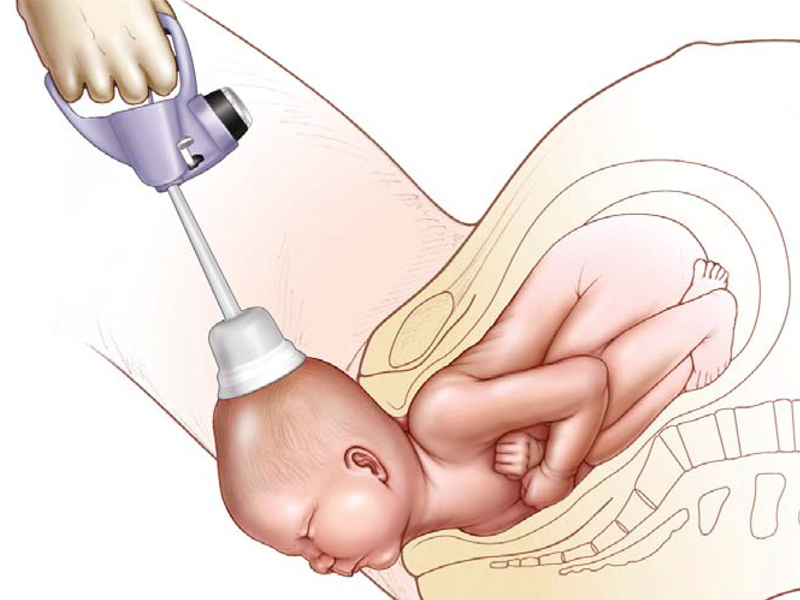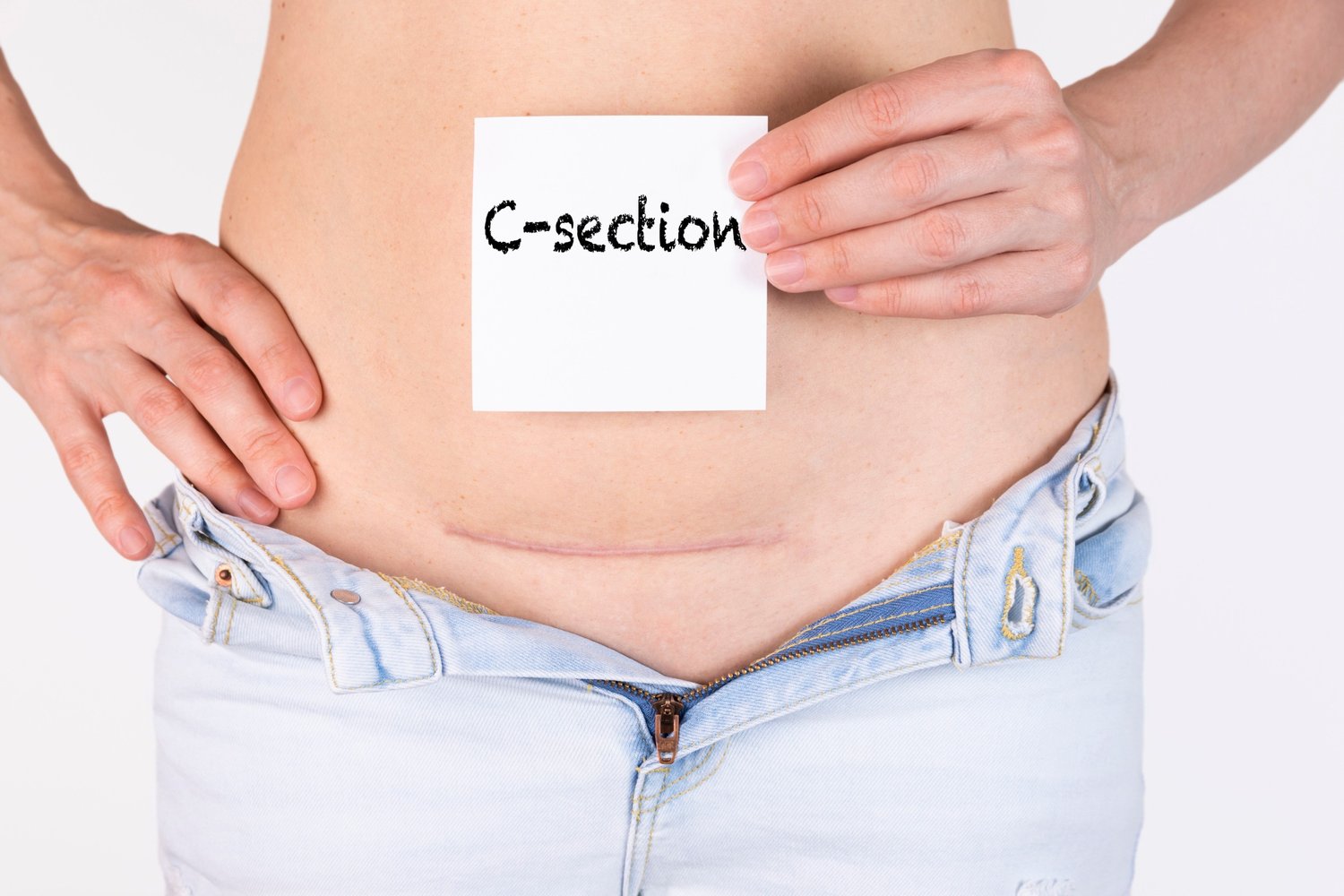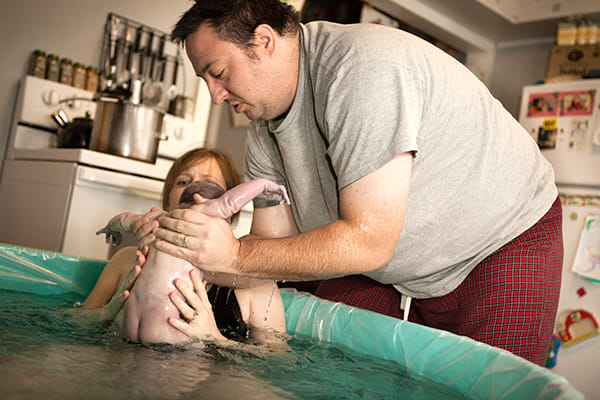Normal Delivery in Bhopal
What is Normal/Labor Delivery?
Normal Delivery in Bhopal refers to the natural process of childbirth without surgical intervention. In this method, the baby is delivered vaginally through the birth canal, with or without medical assistance. This approach is often preferred because it promotes quicker recovery for the mother and ensures a healthy start for the newborn.
Dr. Viraj Jaiswal, a highly trusted obstetrician gynecologist in Bhopal, is known for providing safe and supportive care for Normal Delivery in Bhopal. With expert guidance, modern facilities, and a compassionate approach, he ensures that every mother feels confident and well-cared for throughout her childbirth journey.


What to Expect During Labor and Delivery
Labor is the way your body helps to deliver your baby into the world. Here’s what to expect:
Stages of Labor
- First Stage: This involves the onset of contractions and cervical dilation.
- Second Stage: The baby is born during this stage.
- Third Stage: This stage includes the delivery of the placenta.
- Pain Management: Pain can be managed through various methods, including breathing techniques, medications, or an epidural.
- Duration: The length of labor can vary greatly among women. First-time mothers may experience longer labor compared to those who have had previous deliveries.
- Support: Normal Delivery in Bhopal Having a support system is vital. Whether it’s your partner, family member, or a nurse, support can make the process smoother.
What Are the Different Types of Delivery?
Knowing the different ways to deliver a baby can help you get ready for childbirth:

Vaginal Delivery
This is the most common way. The baby is born through the mother’s vaginal canal. It can happen naturally or be started by a doctor.

Assisted Delivery
Sometimes, doctors use special tools like forceps or a vacuum to help the baby come out.

Cesarean Section (C-Section)
This is a surgery when the baby can’t be born safely through the birth canal. It can be planned or done quickly if there is an emergency.

Water Birth
This method involves giving birth in a warm tub of water, which can help the mother feel more comfortable and relaxed.
How Does Labor Work explained by Dr. Viraj Jaiswal
Labor is a natural process that happens when it’s time for a baby to be born. It involves changes in your body and hormones. Here’s what happens during the different stages of labor:
Early Labor
In early labor, your body gets ready for childbirth. This phase may continue for several hours to a couple of days. Here are some things to notice:
- Contractions: You might feel mild cramps or back pain. These contractions are irregular and not very strong.
- Cervical Changes: Your cervix (the opening to the uterus) starts to soften and open up.
- Mucus Plug: A plug that seals your cervix may come out, which some people call the “bloody show.”
Active Labor
Active labor means things are getting more serious, and the contractions become stronger. Here are the signs:
- Stronger Contractions: The contractions will feel more intense, happen more often, and last longer.
- Cervical Dilation: Your cervix will open up to about 7 centimeters.
- Support Team: It’s important to have friends or family nearby to help you during this time.
Afterbirth
Once your baby is born, the last stage of labor starts:
- Delivery of the Placenta: This happens within 30 minutes after the baby is born. The placenta is what nourishes the baby during pregnancy.
- Monitoring: The healthcare team will check your vital signs to make sure you are safe and that there are no problems.
This is what happens during labor, helping to bring your baby into the world!
How Will I Know I’m in Labor?
Labor is a natural process that happens when it’s time for a baby to be born. It involves changes in your body and hormones. Here’s what happens during the different stages of labor:
Regular Contractions
Contractions that come every 5 to 10 minutes for at least an hour indicate that labor may be starting.
Water Breaking
If your water breaks, it may feel like a sudden gush or a slow trickle of fluid.
Lower Back Pain
Persistent lower back pain that accompanies contractions can indicate labor.
Are There Any Signs That I Will Go Into Labor Soon?
In the days leading up to labor, you may notice several signs that your body is preparing for childbirth:
Nesting Instinct
An increase in energy and a strong desire to prepare your home for the baby.
Lightening
The baby drops lower into your pelvis, which may make it easier to breathe but harder to walk.
Increased Braxton Hicks Contractions
These are practice contractions that may become more frequent and intense as you near your due date.
When Should I Call My Healthcare Provider or Go to the Hospital?
Knowing when to contact your healthcare provider is crucial:
- Call Your Provider If:
- You experience regular contractions that increase in intensity and frequency.
- Your water breaks.
- You notice any unusual symptoms, such as heavy bleeding or severe pain.
- Go to the Hospital If:
- Your contractions are 5 minutes apart or less.
- Do you have any concerns about your health or your baby’s health?
- Do you have any signs of complications?
Knowing about normal pregnancy and labor is very important for every mom-to-be. At Maan Hospital, we care about your health and comfort during this special time. With Dr. Viraj Jaiswal, the best gynecologist in Bhopal near Jahangirabad Sultania Road, you can be sure you will get great help and support during your labor and delivery. Whether it’s your first baby or you’re adding to your family, we are here to help you every step of the way, making sure you have a safe and happy delivery. If you have any questions or worries, please reach out to us at Maan Hospital. Your journey to becoming a mom is just starting, and we are excited to be a part of it!
Frequently Asked Questions
Normal delivery refers to the vaginal birth of a baby, while a C-section (Cesarean section) is a surgical procedure used to deliver a baby through incisions in the abdomen and uterus. C-sections are usually performed when complications arise during pregnancy or labor.
Pain can be managed through various methods such as breathing techniques, relaxation exercises, medications (like epidurals or nitrous oxide), and non-medical methods such as warm baths or massages.
How long you stay in the hospital can depend on different things, like how you deliver and your health. Here’s a general idea:
- Vaginal Delivery: You might stay for about 1 to 2 days after the baby is born.
- C-Section: Usually, you will stay for about 2 to 4 days, depending on how quickly you recover.
Your healthcare team will check on you and decide how long you need to stay.
When your water breaks, you might feel a sudden gush of fluid or a slow trickle. The fluid can be clear, pinkish, or a little yellow. If you’re not sure, here’s what to do:
- Talk to Your Doctor: If you notice any fluid leaking, contact your healthcare provider right away.
- Watch the Timing: If your water breaks before you feel contractions, it’s called “premature rupture of membranes” (PROM), and you should go to the hospital.




